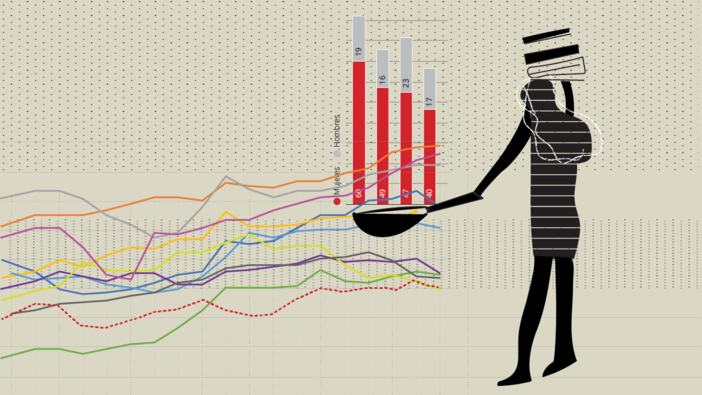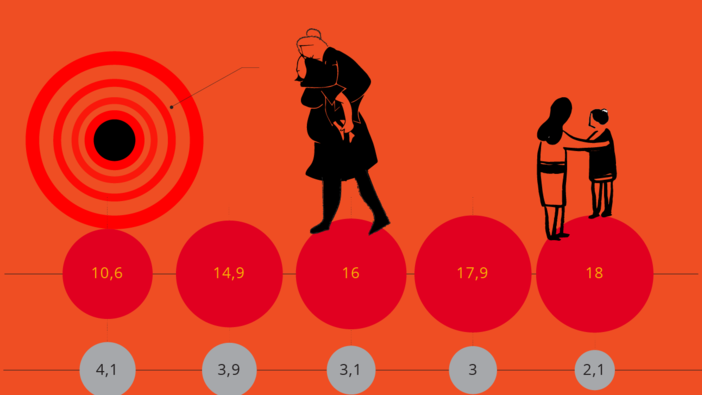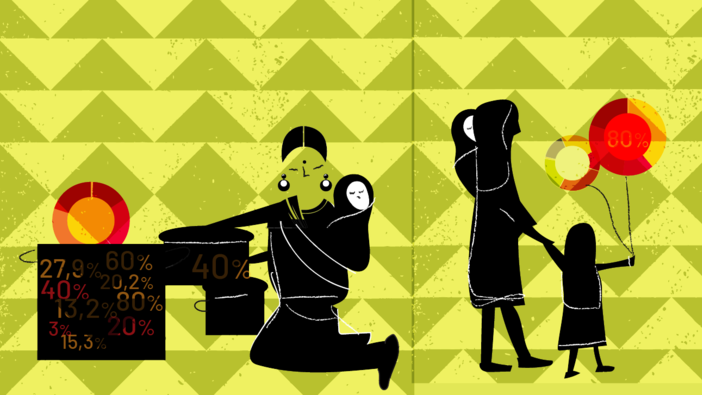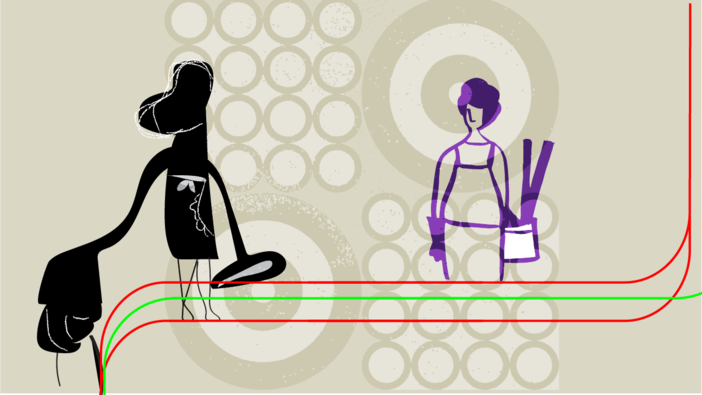Beyond Convention 189
Household employees are among the least protected workers in the world. In many countries, they are not covered by general labour laws and are often even explicitly excluded from social security systems. This is due to several reasons: on the one hand, the sector is highly fragmented, which makes organizing difficult. On the other hand, the sector is situated within the broader framework of social reproduction and connected to the devaluation of care work, often performed for free by women, and is intimately linked to colonial histories whose consequences are still present today. It is therefore no coincidence that household employment is a highly feminized sector in which migrant workers play a key role. As it largely takes place in conditions of informality, workers are exposed to greater risks such as sexual harassment or even human trafficking. Feminist economists in particular have shown that the hyper-exploitation of domestic workers constitutes a fundamental pillar of the current global economy.
Accordingly, the adoption of the International Labour Organization’s Convention 189 (C189) on 16 June 2011 as the culmination of a hard-fought struggle represented a great success for domestic workers. For the first time, they were recognized as workers and granted basic labour rights. On the tenth anniversary of the Convention’s passage, we take a critical look, posing questions about the gaps between international norms, national laws, and their practical implementation. Looking at the concrete lives and realities of those who perform these highly precarious and devalued jobs also reveals the challenges that have always transcended the Convention and cannot be solved by it alone. Finally, it highlights the collective experiences of organizations that have had to struggle against employers for their rights while at the same time asserting their position within the working class and the unions, as well as feminist, anti-racist, and social movements.









